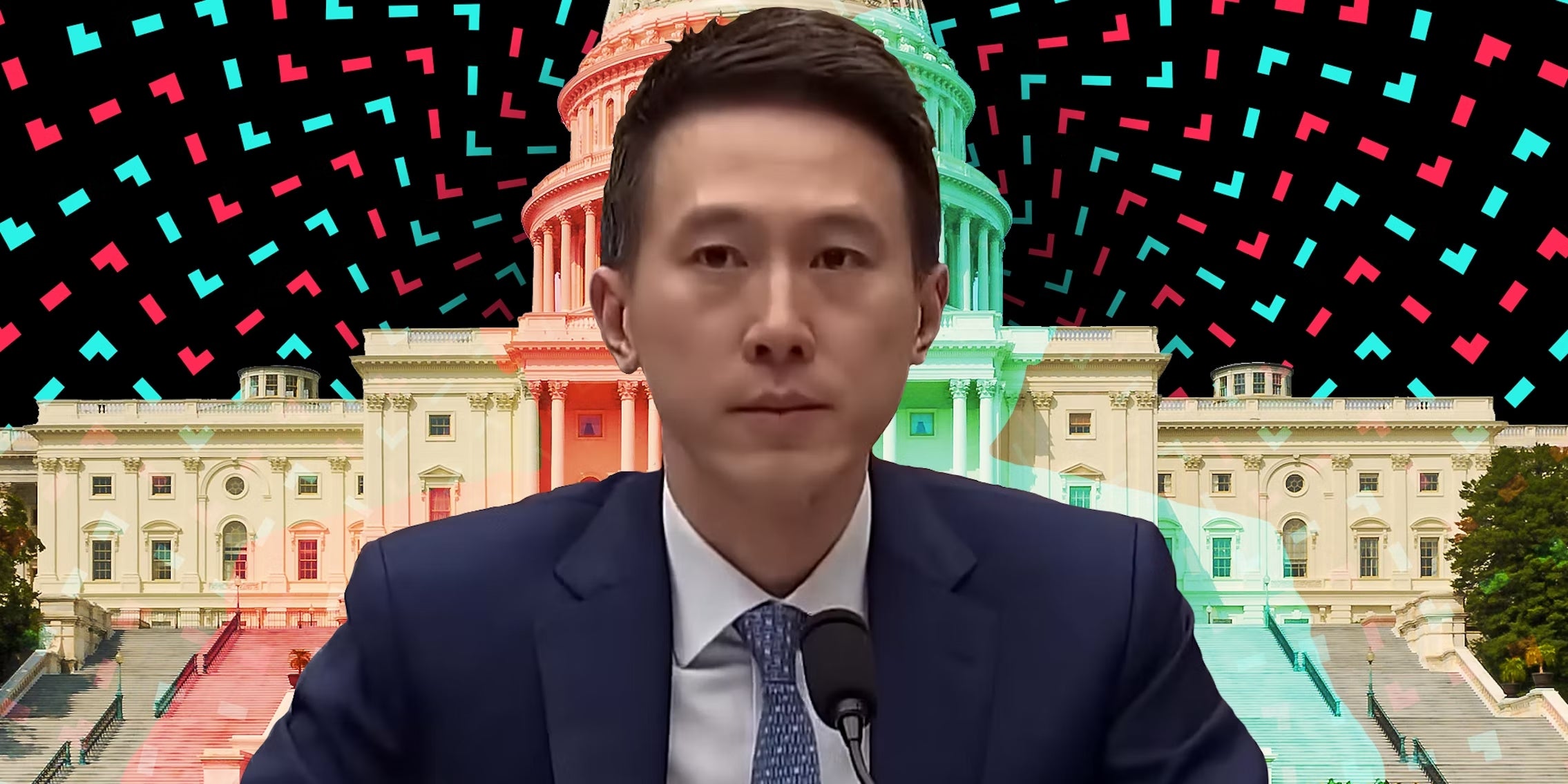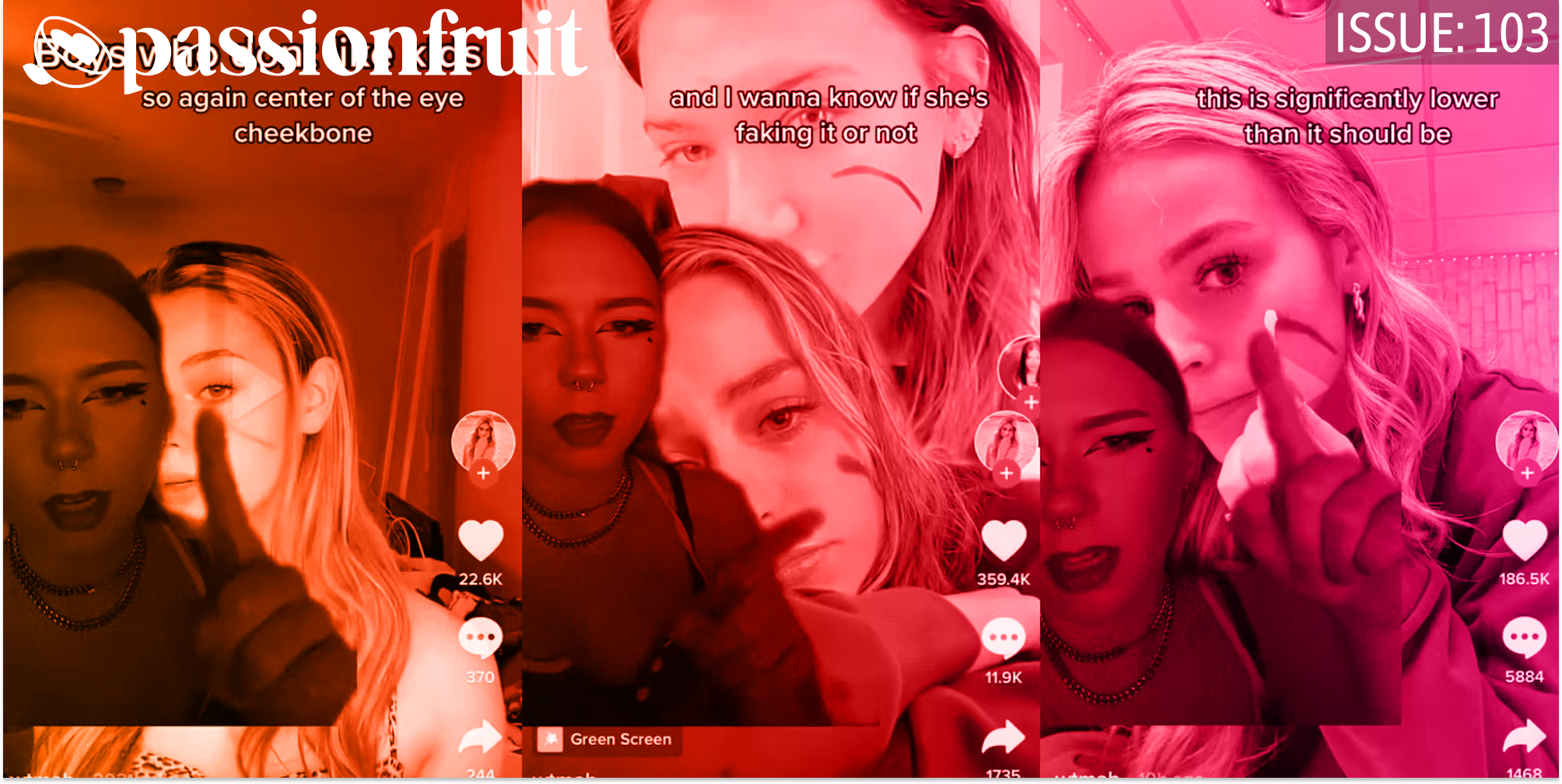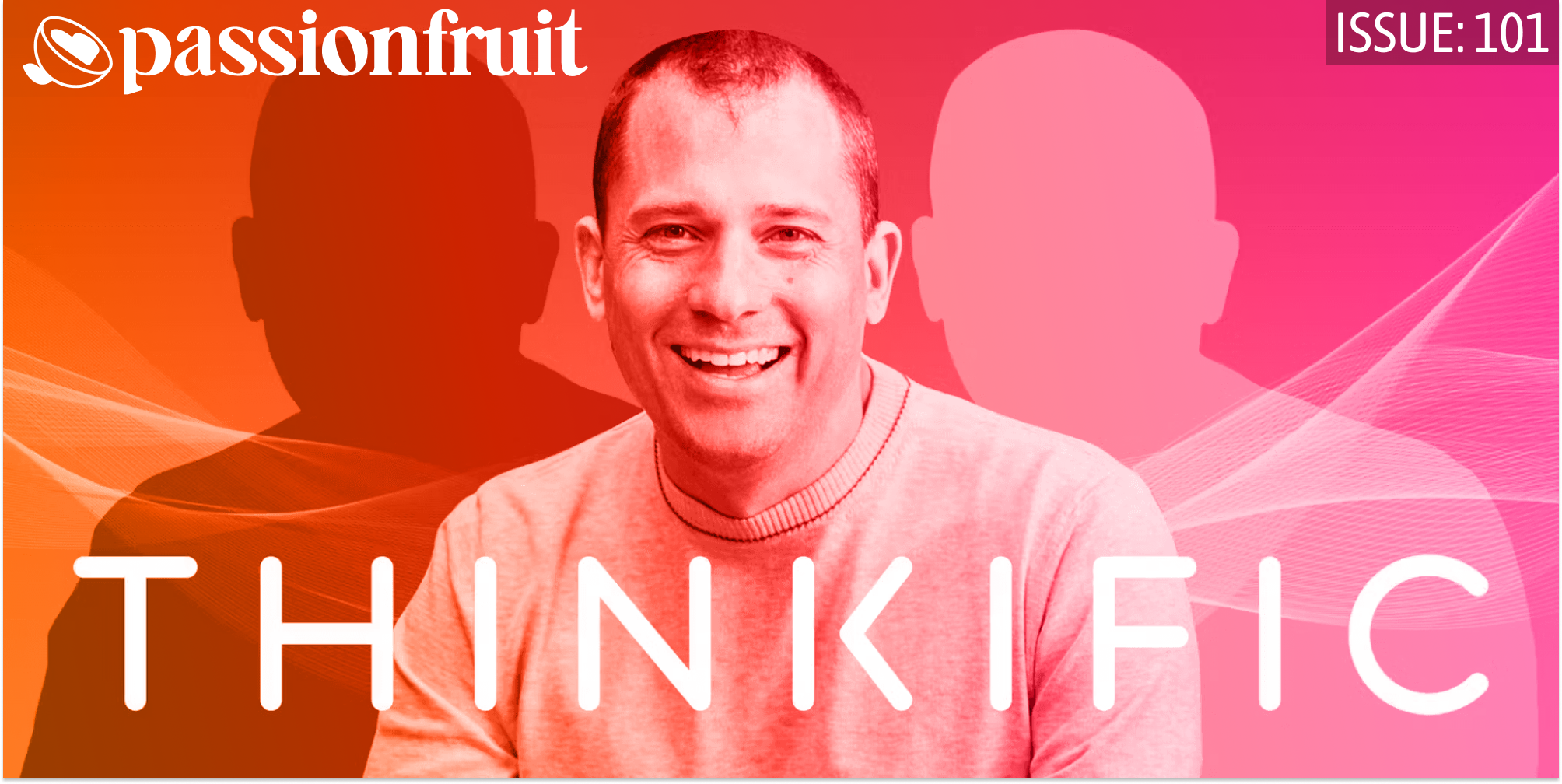CREATOR ECONOMY NEWSLETTER
Issue #120 | March 28, 2023
The fallout from Thursday’s congressional hearing with TikTok CEO Shou Chew has been chaotic to say the least. Creators rallied outside the U.S. Capitol to throw their support behind the platform, sharing how their lives and businesses would be impacted by a potential ban. Some even declared their love for Chew by creating fan edits of him in the aftermath.
As Passionfruit contributor Franklin Graves explains this week in a recap of the hearing, for creators, it was clear that members of Congress were often disconnected from the cultural significance of the platform and, therefore, its significance to creator-owned businesses.
The line of questioning from congressional members at times included long diatribes that were arguably out to provide usable soundbites for constituents. There were also moments during the hearing that showcased their lack of understanding of how TikTok operates.
However, many unanswered questions were brought up regarding the platform’s content moderation, algorithms, and data collection. Section 230 of the Communications Decency Act, a 1996 law that provides broad immunity to internet platforms for the user-generated content they are hosting, was also frequently brought up during the hearing.
To help out creators, we’ve provided a breakdown of what Section 230 is and what you need to know about it. Read more about the law and the hearing’s highlights below.
– Grace Stanley, Newsletter Editor
TOK WATCH
What creators need to know about TikTok CEO Shou Chew’s congressional testimony
‘With data comes power.’
By Franklin Graves, Passionfruit Contributor

SPONSORED
Building your online empire doesn’t have to be hard
You made something online that has turned into something big. So, what’s next? With Squarespace, creators get all the tools and support they need to transform social stardom into a business all on their own.
ONE GREAT TIP
“You can’t put all your eggs in one basket, in one social platform… This is a perfect reminder to start creating content on other platforms… Don’t just simply repost content because that’s not really going to help you grow on those other platforms.”
—Influencer coach Lissette Calveiro shares advice for creators facing a potential TikTok ban.
NEW FRONTIERS
What do creators need to know about Section 230?
If you’re a creator, you may have heard Section 230 in the news lately. Here is Section 230, explained.
By Franklin Graves, Passionfruit Contributor
TOOLS REVIEW
Five AI social media tools that can up your game and save you thousands of dollars a year
Your new toolbox is here.
By Jen Glantz, Passionfruit Contributor
FROM THE INSIDE
How are creators adapting to Pinterest’s collage-making app? We spoke to a ‘Super Shuffler’ to find out
‘I saw it as almost this last corner of creativity on the internet.’
By Catherine Shuttleworth, Passionfruit Contributor
IN THE BIZ
- Legacy verified accounts on Twitter will soon lose their blue checkmark status if they are not subscribed to Twitter Blue.
- Spotify partnered with creator startup Creative Juice to grow its video podcasting program. (via Insider)
- Sophia Coppola’s daughter accidentally went viral on TikTok. (via the Daily Dot)
- Gamers Karl Jacobs and KreekCraft are partnering with Misfits Gaming to launch a Roblox-themed game studio. (via Tubefilter)
- The deepfake economy is growing, and some people are paying for videos with credit cards. (via NBC News)
TIKTOK MADE ME DO IT
Long live Shou Chew fan edits.







